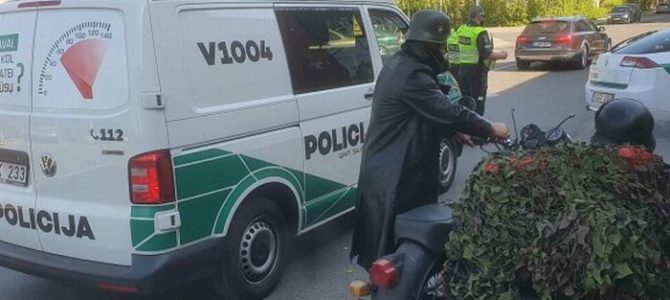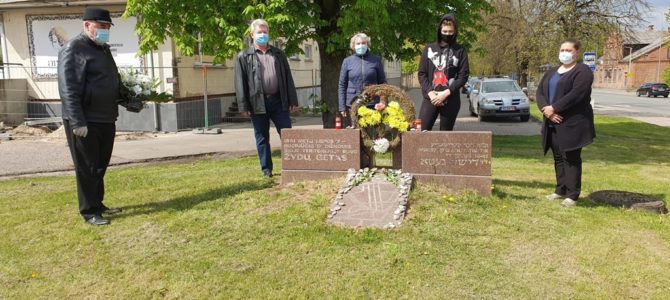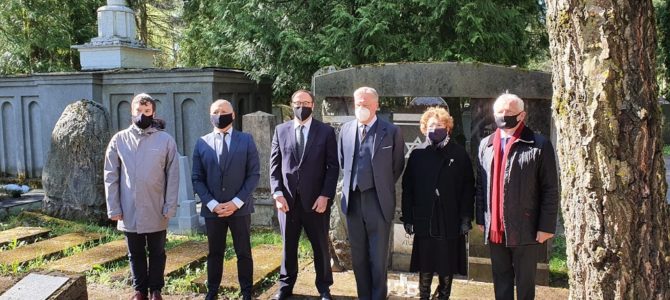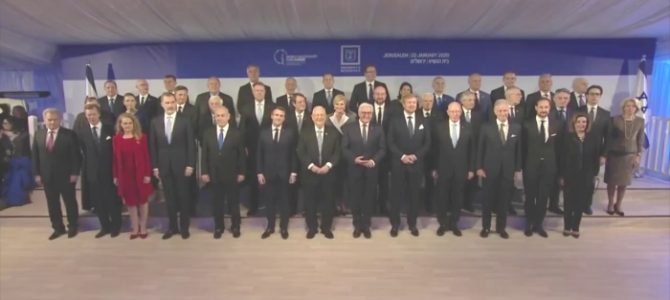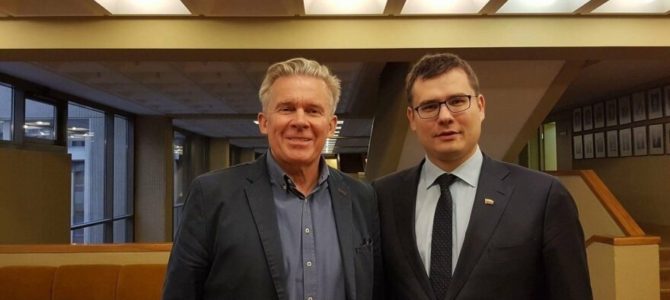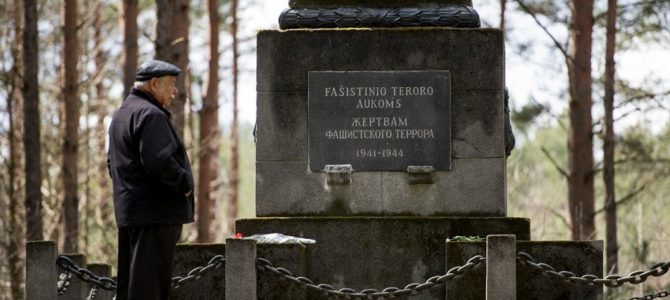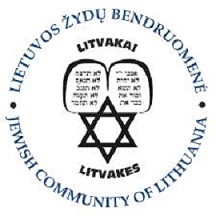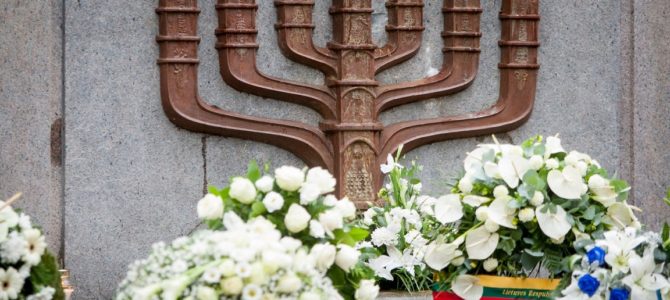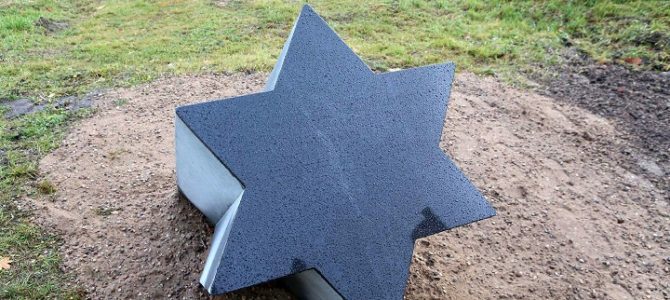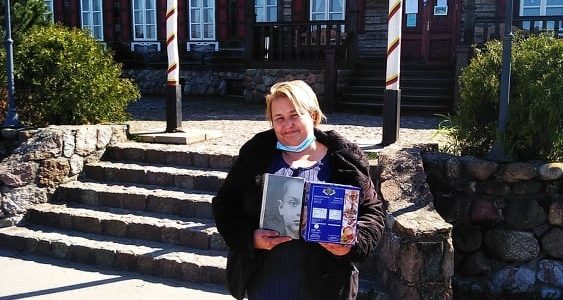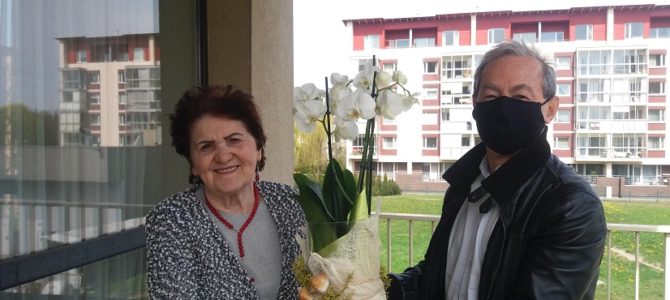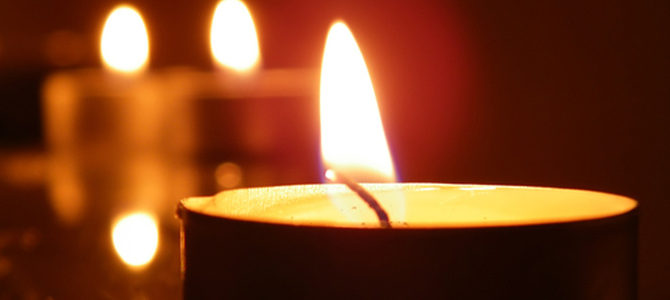The Lithuanian Jewish Community has asked the Lithuanian Office of Prosecutor General and the commissar general of the Lithuanian Police Department to investigate a so-called action held by motorcyclists in Vilnius on May 9, 2020, during which Nazi symbols and other attributes were used.
The media report the bikers dressed in Wehrmacht uniforms rode through the Vilnius OId Town playing march music from the Third Reich and rode in circles around the embassy of the Russian Federation on Latvių street.
“As you know, the distribution and demonstration of Nazi and Soviet symbols are banned by law in Lithuania and involve criminal accountability. We would like to emphasize the marches mentioned have painful associations for Jews because it was this sort of music which was played during selections at concentration camps during World War II,” the statement from the LJC reads.
Although the participants in the action did wear Nazi uniforms, it appears the police took no actions and didn’t stop the ride.
The LJC has received a report an LJC member who saw the motorcyclists near the Old Town Hall in Vilnius reported it to a police patrol nearby. The officers gave assurances the bikers would be punished, but Lithuanian Police Department representative Ramūnas Matonis told reporters there were no arrests for sowing ethnic discord anywhere in Lithuania on May 9.
The LJC therefore is now requesting:
1. an internal investigation and determination of the identities of the officers who were on duty in the police patrol at the Old Town Hall and an explanation on why the bikers were not cited.
2. determination of the identities of the people who rode around Vilnius dressed in Nazi uniforms and played Third Reich march music loudly.
3. an explanation on what instructions police street patrol officers receive and whether they are trained to recognize hate crimes and expressions of anti-Semitism.
4. to tell us whether the May 9 incident will be addressed in a future meeting of the special working group formed by the Lithuanian interior minister for fighting hate crimes and hate speech in Lithuania.
Visual material presented by the media shows this public violation was known at the time of its commission (URL: https://www.delfi.lt/news/daily/lithuania/pergales-diena-vilniuje-aplink-rusijos-ambasada-vazinejo-i-nacistines-vokietijos-karius-panasus-motociklininkai.d?id=84241879 )




